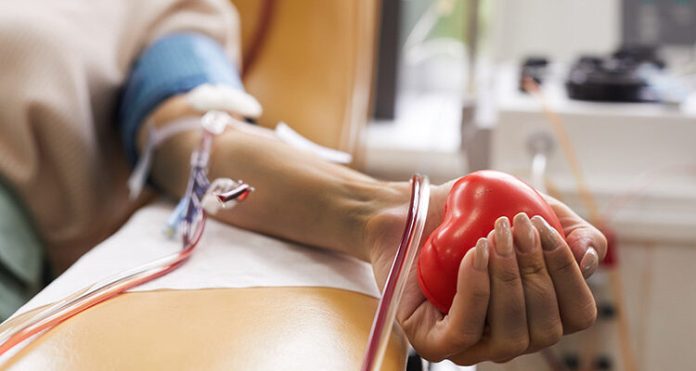For years, Morocco’s blood supply has been marked by urgent appeals during severe shortages. Now, the National Blood Transfusion and Hematology Center (CNTS) is shifting from crisis management to creating a sustainable culture of blood donation—an essential step for strengthening the country’s healthcare system.
This transformation is rooted in lessons from past challenges. In January 2025, Morocco faced a severe shortage, with donations falling dangerously short of demand. Today, health authorities are focused on maintaining a stable supply by securing more than 1,000 donations daily, enough to sustain a seven-day reserve. This proactive approach aims to eliminate emergency appeals and ensure a consistent, reliable flow of blood year-round.
Key to this effort is integrating blood donation into Morocco’s social and cultural fabric. Mobile collection units now reach remote and urban communities alike, while partnerships with religious leaders, schools, and civil society organizations frame donation as an act of solidarity and civic duty. Campaigns emphasize regular participation rather than one-time responses to crises.
The establishment of the Moroccan Agency of Blood and Derivatives marks a significant milestone. This dedicated institution coordinates nationwide strategies, monitors reserves, and enhances efficiency in collection and distribution. By combining infrastructure improvements with community engagement, Morocco is laying the groundwork for a self-sustaining system.
The long-term vision is clear: make blood donation a routine habit for citizens, not a reactive gesture in times of emergency. If this cultural shift succeeds, Morocco will not only safeguard its healthcare capacity but also set a regional example of how to turn public health crises into lasting reforms.




